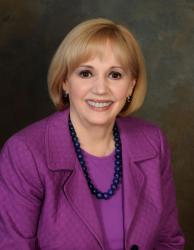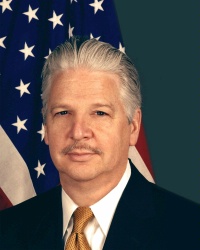

12:00 pm EST - 1:00 pm EST
Past Event
For U.S. foreign service officers posted abroad, meeting with broad segments of society and institutions other than official government entities in their host nations is a critical component of their mission. However, in recent years, particularly in the wake of the 2012 Benghazi attacks, State Department policies have become increasingly risk-intolerant of personnel movements off of secure embassy compounds, inhibiting diplomats’ ability to carry out their work in the nation’s interest.
A new report from the American Academy of Diplomacy examines the State Department’s approach to diplomatic security, and calls from current and former foreign service, USAID, and military personnel to accept more risk in order to better balance staff protection with the essential need for on-the-scene diplomacy.
On February 19, Brookings and the American Academy of Diplomacy reviewed the report’s findings and recommendations, particularly that of new legislation governing the Accountability Review Board, and assessed how to shape a more resilient and flexible foreign service.
Viewers submitted questions via email to [email protected].





Elaine Kamarck
February 26, 2026

William A. Galston, Elaine Kamarck
February 25, 2026

E.J. Dionne, Jr., Wendy Edelberg, Molly E. Reynolds, Melanie W. Sisson
February 12, 2026